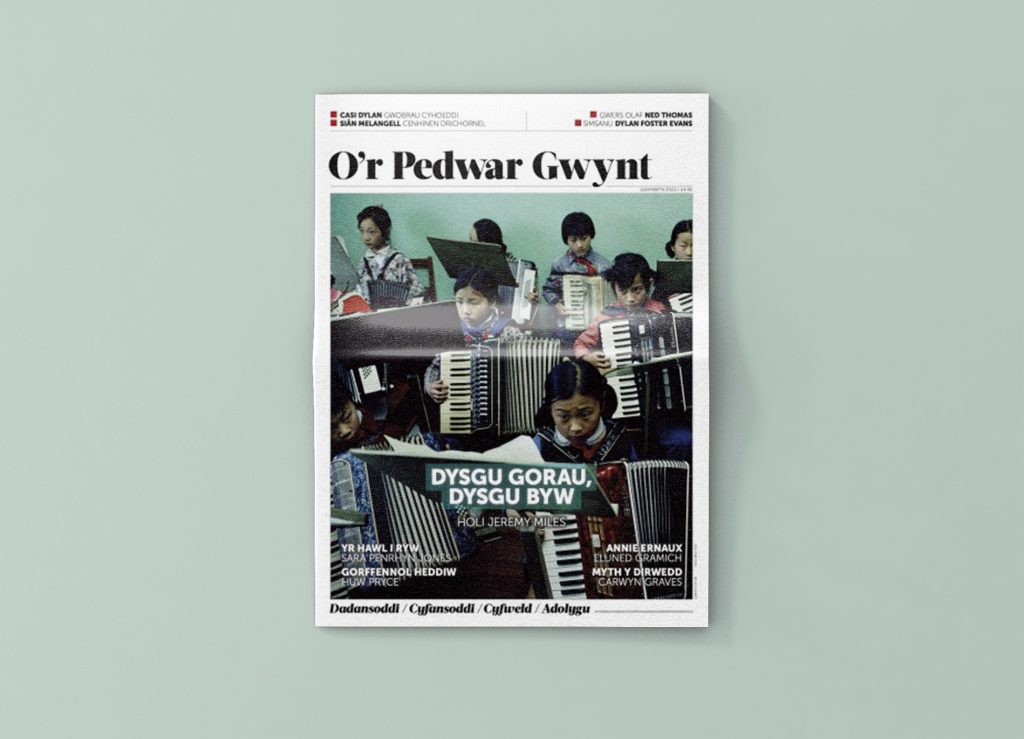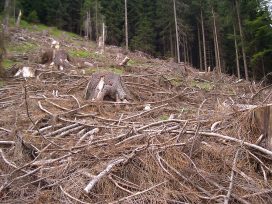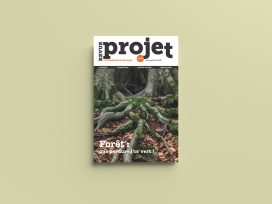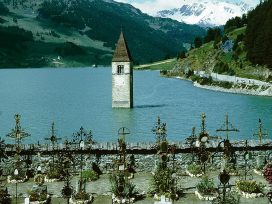The spring issue of the Welsh-language review of books and ideas, O’r Pedwar Gwynt, ventures into the controversy over ‘rewilding’. In his recent book Regenesis (2022), Guardian columnist George Monbiot argues that producing meat-identical, protein-based food in factories would relieve places such as the uplands of Wales from the demands of agriculture for the benefit of rewilding.
On the face of it, Monbiot seems to have a point: 4 million hectares of land in the UK is used for sheep farming, which represents less than 1 per cent of Britain’s food production. But, writes Carwyn Graves, the rewilding idea is rooted in ‘the fertile land of myth’ and not ‘in a layered understanding of ecological history’.

Semantics is partly at fault here: ‘rewilding’ suggests the restoration of the natural state of things, a land free from the intrusion of humans, self-generating a richer biodiversity than the thin ecosystems implemented by man. But surely we know that this is an oversimplified map, with little historical basis? Though a more accurate term would be ‘new-wilding’, the narrative draws its moral authority from the idea of restoration, not creating anew.
But the other side of the argument succumbs to mythmaking too, in Graves’s view. The concept of rewilding is often rejected in Wales by appeal to agriculture as the guarantor of the essential Welsh landscape. But if the ‘Welsh Way’ were so protective of nature, the country’s rivers would not be in the semi-moribund state they are in (see Jim Perrin’s Rivers of Wales, 2022).
If the landscape of Wales is a cultural creation, the key question is what culture we should strive for. Do we want to repeat the mistakes of the past by drastically recreating the landscape, pushing rural populations to the cities to create Wales as a new-wilded reserve? Or do we want to encourage a culture which responds to the grain and texture of life in our part of the planet, and evolve with it?
Education
Huw Pryce discusses the role of history as a subject in the new Welsh school curriculum, drawing on examples of history textbooks in other parts of the world and their significance for their countries’ national trajectories.
Sara Penrhyn Jones welcomes the new focus in the new curriculum on sex education. She reads an autobiographical narrative by Vanessa Springora, Amia Srinivasan’s The Right to Sex, and Katherine Angel’s discussion of the insufficiencies of the concept of ‘giving consent’ (Tomorrow Sex Will Be Good Again, 2021).
Also in this issue: Freud, Rousseau and the cultivation of the Hafod estate in mid-Wales; the spiritual imagination in recent Welsh-language poetry; and autobiography and its discontents in the work of Annie Ernaux.







